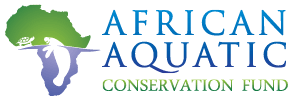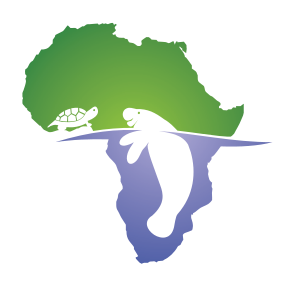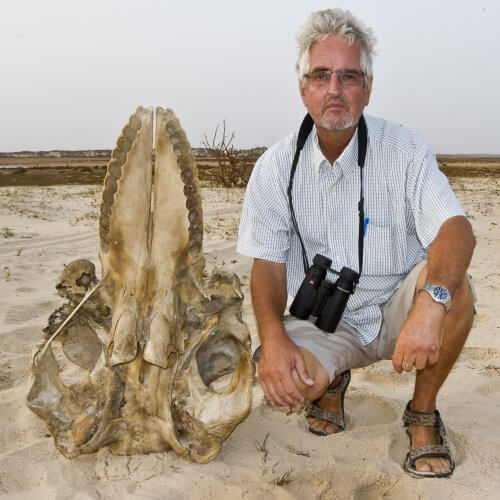Wim Mullié
Scientific Advisor
Wim Mullié has a MSc in Environmental Toxicology and in Population/Conservation Biology (Wageningen University) and is currently finishing a PhD in Environmental Toxicology based on his field work on bird predation on acridids under stress of chemical pesticides and the use of entomopathogenic fungi in Africa and Australia. He has been based in Senegal, Niger and Ghana from where he has worked over the past 30+ years in more than 25 African countries for the Food and Agriculture Organization of the United Nations (FAO), International Development Organizations such as GIZ, NGO’s and various governments. Since 2007 he works as an international consultant, currently based in Dakar, Senegal. Sabbaticals were spent in Australia (Australian Plague Locust Commission, APLC) and in Canada (Carleton University and National Wildlife Research Center).
His work on cetaceans and marine turtles started in 2012 with monitoring of vertebrate strandings in Mauritania, which he extended in 2014 to Senegal as a co-founder of the Senegal Stranding Network. One of his most important contributions was the discovery of the first Omura’s Whale ever recorded in the Atlantic Ocean. Since 1998 he is engaged in a long-term study of the feeding and breeding ecology of seabirds under increasing pressure of marine fisheries, coastal erosion and offshore oil and gas development in five West-African countries.
As a specialist of integrated marine and coastal environmental monitoring, he had the lead of baseline studies in Senegal, Mauritania and Guinea Bissau. These were mostly related to the recent discoveries of significant oil and gas reserves in Senegal and Mauritania and their potential environmental impacts. These studies are likely to be extended to Sierra Leone.
He is a co-founder of the environmental research and analytical laboratory CERES/Locustox in Dakar and board member of its Scientific Council.


